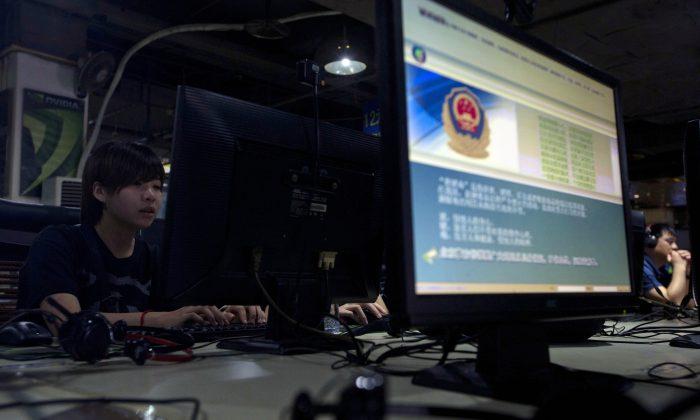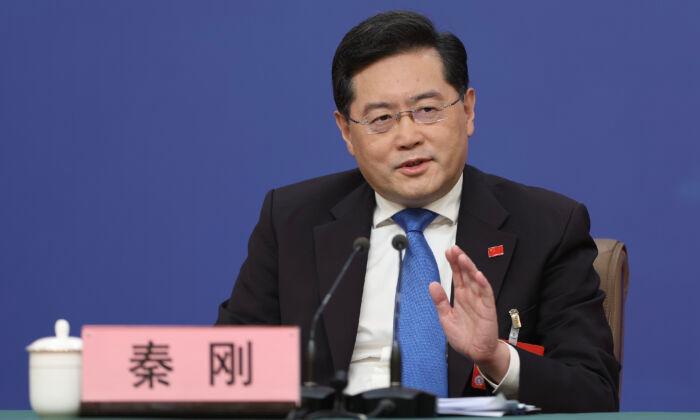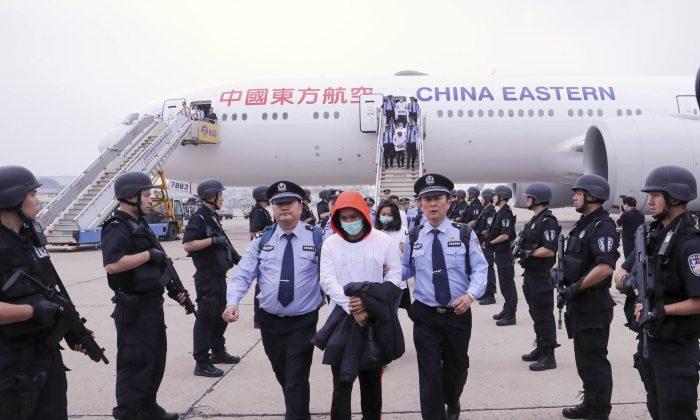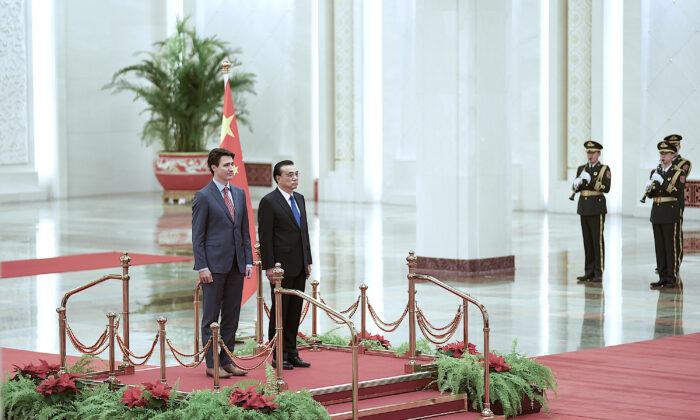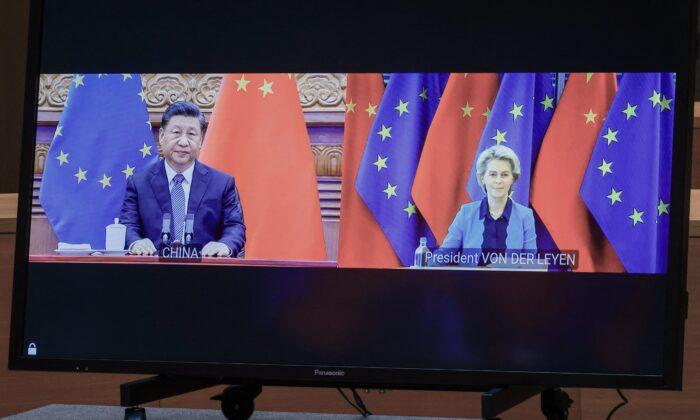A slew of new policies, coupled with vastly changed behavior, is cutting the world off from vital information about what is happening in China, our ability to understand the reality inside the black box that China is becoming, and our ability to engage with it.
Recent news of raids on the offices of not one or two, but three foreign companies, all involved in performing corporate due diligence, has shaken the business world. Such companies essentially inspect that Chinese firms are doing what they say they are doing, are owned by the people they claim they are owned by, and that their financials aren’t made up of fairy tales. It’s a vital and, frankly, very basic type of business integral to companies worldwide.
Over the past few years, and rapidly accelerating alongside China’s supposed opening up after ending the “zero-COVID” policy, key materials, databases, and even some government websites have become inaccessible to users outside mainland China.
For those working with, for example, criminal justice issues, this shutdown of vital resources started a few years ago. But this reality is now hitting the wider business and even academic communities. Yet, within the world of corporate due diligence, the signs were on the wall years ago.
In fact, some six or seven years ago, I met up with an old friend who works in this particular field at one of the world’s premier corporate due diligence companies. He matter-of-factly made clear there was a growing hesitancy to visit the mainland, even for Hong Kong-based groups, but also, more interestingly, that such visits were becoming useless. Earlier, trips to visit and meet with local and provincial government officials and state-owned enterprise leaders were regular and often frank and useful, despite a need to be skeptical of what was being said.
Now, he said, such meetings had become futile, as every official and business leader simply parroted whatever empty statement Xi Jinping had issued on the subject and refused, no matter what, to discuss realities. Fear, he thought, was the reason why almost no one could carry out a basic conversation anymore—fear of becoming a target for any perceived, however small, violation of Xi’s ever tighter control over what could and could not be said.
Cutting off information to China for foreign audiences is, in a way, a reversal of the prior policy related to the “great firewall.” This famous system for blocking access to information is, of course, intended to ensure that people inside China can’t access information outside the country unless such information conforms to Beijing’s policies. Now, on the other hand, numerous steps are being taken to achieve the reverse, to ensure that those outside China can’t access information inside of it.
For those working in the human rights field, this is already posing a major problem. In fact, many of the biggest revelations on human rights abuses in China have come from being able to access and analyze information from the central government and use it as evidence for wide-ranging human rights violations and changes in government behavior.
For example, take China’s feared system for enforced disappearances of critics, the RSDL (residential surveillance at a designated location) system. It’s only by using the Supreme Court-run database that is (supposed to) host all criminal verdicts that Safeguard Defenders has been able to provide macro-level data as evidence for the system’s growth and the massive scale it is now employed on. Similar types of macro-level data on the prosecution of freedom of speech-related crimes, or more recently, on its expanding use of exit bans, have relied on the same database.
Likewise, each year, government organs’ work reports presented to China’s rubber-stamp legislature, the National People’s Congress, are getting sparser and sparser in the information they contain. Likewise, ministries and Party organs are releasing fewer data in their reports and statements.
Not long ago, Safeguard Defenders could reveal the expansion of China’s Fox Hunt program to hunt down targets abroad and bring them back to China, often illegally. It’s unlikely that it will be possible to track the scale of these operations via official statistics for much longer—a clear threat not just to human rights or business communities but also to foreign governments.
Now, China is releasing only partial data. Information that makes it hard to perform the comparative analysis is nothing new and has always been very flawed at best, not to mention that the data often can’t withstand closer scrutiny. But with recent developments, it will soon go from very hard to impossible to ascertain even the most basic data.
The problem now is moving far beyond merely the human rights community, but it will severely undermine foreign businesses’ ability to engage with the Chinese regime, and force, whether one wants to or not, an ever-faster decoupling from the Chinese economy. It seems the Chinese Communist Party is intent not merely on decoupling China from the world but making it a black box, cutting off economic, political, and even academic exchanges.
